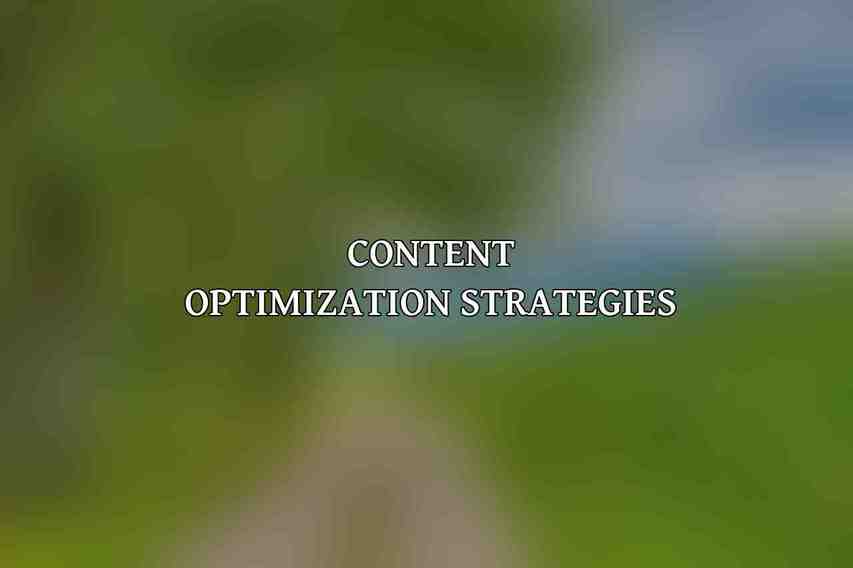key metrics play a vital role in understanding the performance and impact of content. Social media metrics refer to the data and statistics that provide insights into how well your content is resonating with your audience. These metrics include engagement, which measures interactions such as likes, comments, and shares; reach, which indicates the number of unique users who have seen your content; impressions, which represent the total number of times your content has been displayed; and conversion rate, which tracks the percentage of users who take a desired action after engaging with your content.
Tracking and analyzing these metrics is essential for refining and optimizing your social media strategy. By closely monitoring these indicators, you can gain valuable insights into what type of content performs best, understand your audience’s preferences, and identify areas for improvement. Various tools and platforms are available to help track social media metrics efficiently. Popular options include Google Analytics, Sprout Social, Hootsuite, and Buffer, each offering unique features to delve into the performance of your social media efforts.
Audience Insights
Understanding your target audience is fundamental to crafting effective content that resonates with the right people. Audience insights delve into the characteristics, preferences, and behaviors of your audience. Conducting thorough audience research and analysis is crucial in this process. By employing tools such as Facebook Insights, Twitter Analytics, and Google Analytics Audience Reports, you can gather valuable data on your audience demographics, behaviors, and interests.
Moreover, leveraging social media listening tools such as Mention and Brandwatch allows you to monitor conversations about your brand or industry in real time. This way, you can gain deeper insights into audience sentiment, preferences, and trending topics. Analyzing this data empowers you to tailor your content to better align with your audience’s needs and preferences, leading to more impactful engagement and conversion rates.
Content Optimization Strategies

Crafting compelling and relevant content is at the core of any successful social media strategy. Content optimization strategies aim to enhance the visibility and engagement of your content across various social media platforms. Developing a structured content calendar and posting schedule ensures consistency and helps in planning content in advance. Crafting content that is not only informative but also engaging and shareable enhances its reach and impact. Dive deeper into Content Strategy 101: Boosting Social Media Engagement
Optimizing content for specific social media platforms is essential, as each platform has its own best practices and formats. Utilizing rich media such as images and videos can significantly boost engagement levels. Including social sharing buttons and strategically placed calls-to-action can encourage users to share your content and take desired actions, thereby amplifying its impact.
A/B Testing for Content Optimization
A/B testing, also known as split testing, is a method of comparing two versions of a webpage or piece of content to determine which one performs better. This practice is highly beneficial in optimizing content for maximum impact. Different variables can be tested during A/B testing, such as headlines, image sizes, and posting times, to identify what resonates best with your audience.
Setting up an A/B test involves creating two versions of a piece of content with a single differing variable, then presenting each version to a similar audience segment to measure performance. Analyzing the results of the test allows you to make data-driven decisions regarding which elements are most effective in driving engagement and conversions. By continuously testing and refining your content based on these insights, you can enhance its effectiveness over time.
Measuring the Impact of Content Optimization
Measuring the impact of content optimization is crucial in evaluating the success of your social media strategy. Increased engagement, traffic, leads, and conversions are key indicators of effective content optimization. By leveraging analytics tools such as Google Analytics, Facebook Analytics, and LinkedIn Analytics, you can track the performance of your content and assess its impact on your overall objectives.
Using analytics to track and report on results not only provides valuable insights into the effectiveness of your content but also enables you to make informed decisions for future strategies. By consistently monitoring key metrics and KPIs, you can identify trends, understand audience behavior, and refine your content strategy to achieve optimal results.
Case Studies and Examples

Real-world examples of successful content optimization strategies serve as valuable insights for understanding the impact of data-driven approaches. Case studies that demonstrate tangible results from implementing analytics-driven optimization can inspire and guide content creators and marketers in their strategies. By showcasing how brands have leveraged analytics to refine their content and achieve significant engagement and conversion improvements, these examples offer practical applications and success stories.
leveraging analytics for content strategy success on social media offers a robust framework for enhancing engagement and driving conversions. Continuous monitoring and improvement based on insightful data analysis are key to staying ahead in the dynamic world of social media. By implementing the strategies outlined here, brands and creators can elevate their content strategies, resonate more effectively with their audiences, and ultimately achieve their marketing goals with precision and impact.
Frequently Asked Questions
What is the importance of leveraging analytics for content strategy success on social media?
Leveraging analytics allows you to track the performance of your content, understand your audience better, and make data-driven decisions to improve your social media strategy. Get the scoop on our perspective regarding Mastering Visual Content: Strategies for Social Media Success
How can analytics help in understanding audience behavior on social media?
Analytics provide insights into metrics such as engagement, reach, and demographics, helping you understand what content resonates with your audience, what time they are most active, and their preferences.
Which key performance indicators (KPIs) should be monitored using analytics for content strategy on social media?
KPIs such as likes, shares, comments, click-through rates, conversion rates, and overall engagement can be monitored using analytics to measure the success of your content strategy.
How can analytics help in optimizing content for social media platforms?
By analyzing analytics data, you can identify trends, preferences, and behaviors of your audience, which can help you tailor your content to better suit the algorithms and user preferences of different social media platforms.
What are some popular analytics tools that can be used for monitoring content performance on social media?
Popular analytics tools for social media include Google Analytics, Facebook Insights, Twitter Analytics, and Instagram Insights, which provide valuable data on content performance and audience engagement.

